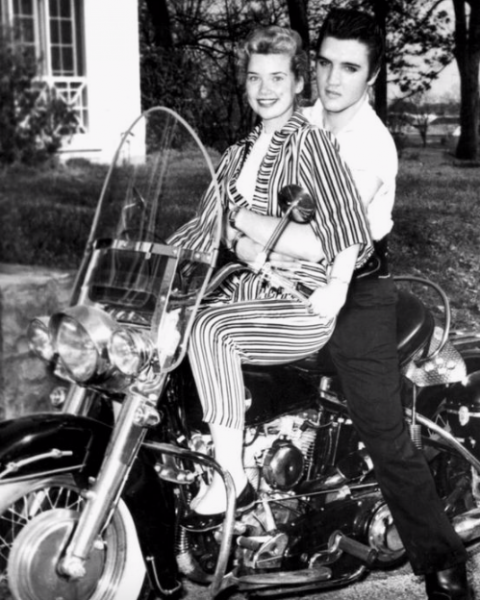It’s the turn of a new decade, and following a wild year of transformation in 2019, the 2020s are bound to face more innovation, speculation and security risks than ever before.
To help start the year off right, Smart Cities Dive has gathered insights from industry leaders to identify the trends that are expected to influence the smart city space in 2020.
1. Investors will pump more money into flying cars
The new year will likely be momentous for investments in electric vertical take-off and landing aircrafts (eVTOL), or “flying cars.”
Uber pledged to start testing its Uber Air flying taxi service in 2020, and even projected eVTOLs will be mainstream as soon as 2023. The company’s Elevate Summit in June also cemented its promise to stir things up in the industry by announcing plans to conduct public tests of the vehicles in Dallas, Los Angeles, and Melbourne, Australia, on top of showcasing its plans for “skyports” where the vehicles would land and take off.
2. Cities will see fewer scooter operators on streets as companies consolidate
The rapid descent of scooter operators on city streets will slow down in 2020. Instead, the industry should expect to experience more consolidation.
That trend is already taking shape in Washington, DC, one of the first cities to majorly embrace dockless bikes and scooters.
3. More cities will turn to building electrification
It’s no secret buildings are responsible for a massive portion of city emissions. San Jose, CA became the largest city in the country this year to ban natural gas infrastructure from many new residential buildings. The city’s ordinance went into effect on Jan. 1, and includes a requirement to have 70% electric vehicle (EV) capable parking spaces; 20% EV ready parking spaces; and 10% EV supply chain equipment spaces.
The San Jose ordinance followed Berkeley, CA, which was the first U.S. city to pass such a ban in new buildings.
4. City dwellers will demand stronger data privacy
One of the most widely-watched city data privacy debates in 2019 was with Sidewalk Labs’ proposed Quayside project. The futuristic smart city received some of its strongest criticism due to concerns over data privacy, and eventually promised not to sell personal data or leverage it for advertising in response to pushback.
5. Cities will crack down on cyberattacks
The past year was also marked by a number of cyberattacks against city governments, which should lead to more cities cracking down on how they protect their systems.
Cities have increasingly become targets for attacks due in part to their lack of substantial cybersecurity networks, with most states allocating under 3% of their IT budgets to cyberthreat prep.
6. Mobility hubs and car-free zones will be more widely considered
Major strides were made to discourage car use in 2019, particularly by eliminating cars in some of cities’ busiest areas. London, for example, planned a car-free day smack dab in the city center. And the San Francisco Municipal Transportation Agency Board of Directors approved a plan to ban cars along the downtown area of Market Street, encouraging biking and bus trips instead. New York recently banned cars on 14th Street in Manhattan for a dedicated “busway,” and Washington, DC is even exploring a car-free zone.
7. The climate wakeup call for greener (and bigger) investments will grow
The summer of 2019 was a “wakeup call” for many cities, according to Bloomberg Associates’ Adam Freed.
The extreme heat forced leaders to recognize the “need to correct the catastrophe of urban planning over the past century that has turned our cities into ovens and focus on ways to provide urban cooling that doesn’t increase our air conditioning load,” he said.
–from TechnocracyNews.com

